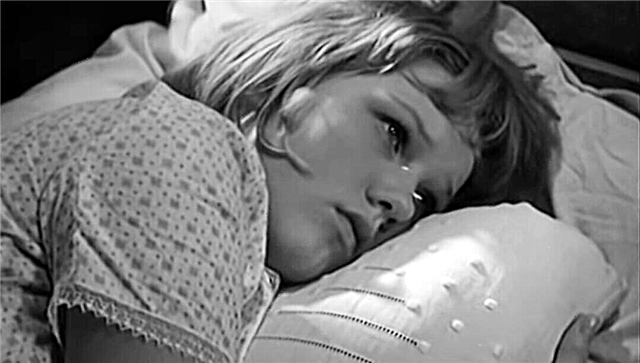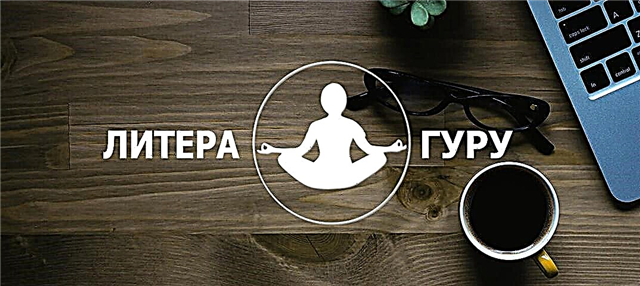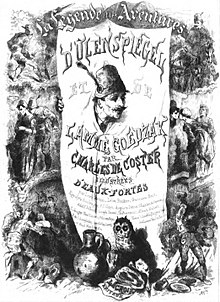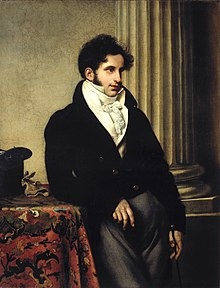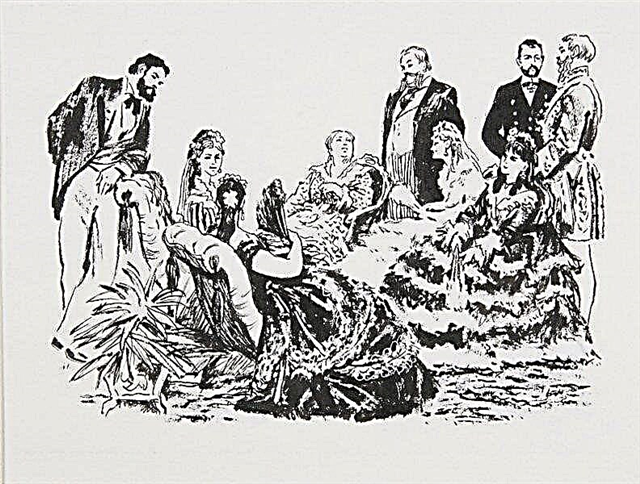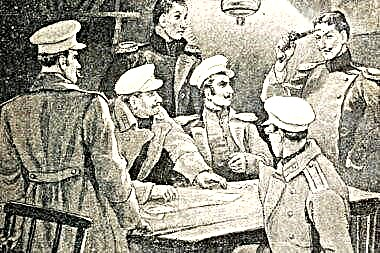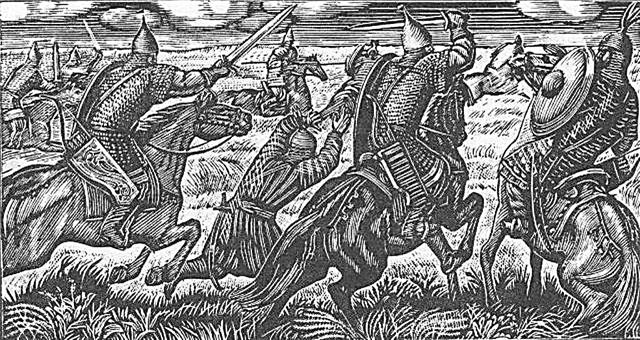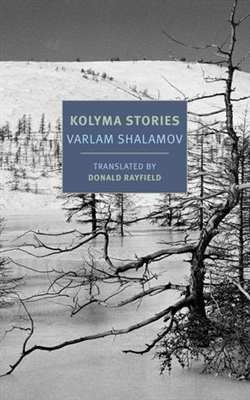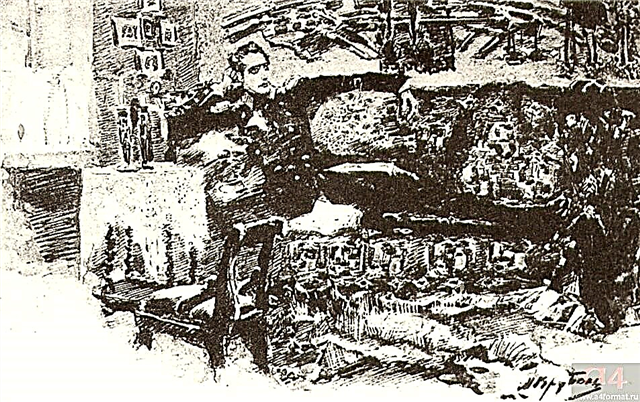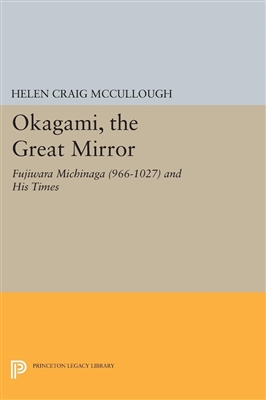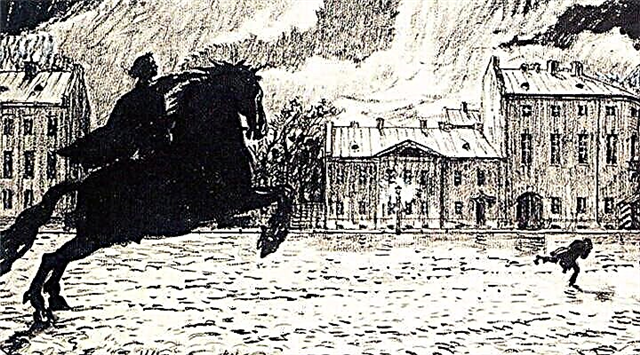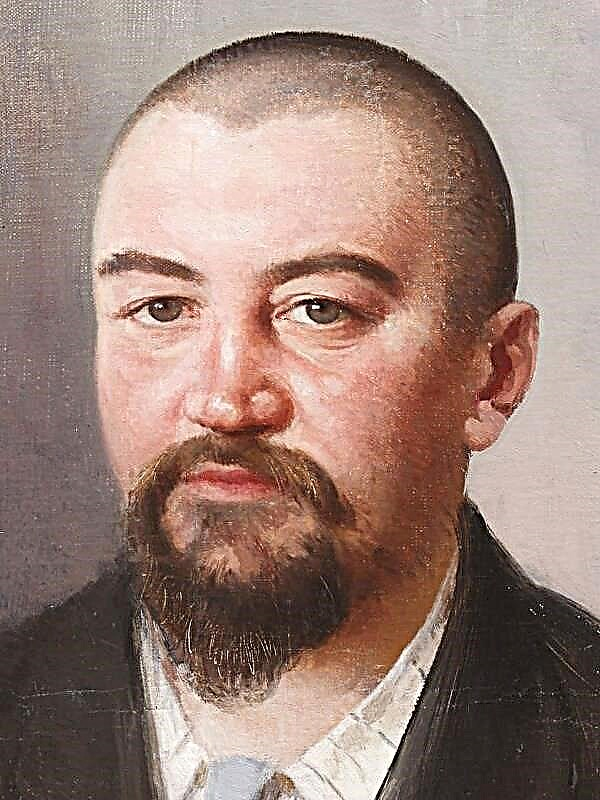On a rainy summer night of 1912, on one of the marinas of Amur, the ship leaves the young man alone. This is the German Otto Meisner, Master of Philosophy, pet of the University of Koenigsberg. The indistinct feeling that he had once been here is stored in his soul. It seems to him that he is a double of another Otto Meisner, who already existed a long time ago or will exist in future times. Otto Meisner touches in his pocket a letter of recommendation to the local opium purchaser Korean Tyan from the Khabarovsk merchant Opoelov. Grandfather Otto, Friedrich Meisner, had long-standing and great deeds with the merchant. In the prescription, which the grandfather made before the trip for his grandson, there are many points. The purpose of visiting the Far East is to study opium production and the possibilities of monopolistic coverage of trade in these products, as well as to obtain yet another useful knowledge for a young seeking mind.
Like Charon, an old man appears in a boat at the pier. Otto Meisner asks him how to find the merchant Tyan. The guides lead the master to the village above the high bank. In the merchant's house, Otto hears a female cry and lamentations. After reading the letter, the merchant leaves the guest in the room allotted to him. Laying down to sleep, Otto mentally wishes his grandfather good night. After the morning toilet, Otto prepares coffee on the spirit lamp, the smell of which spreads throughout the house. The owner comes, talks about his misfortune: his youngest daughter is seriously ill and is at death. But Tian assures the guest that he will do everything for him as he writes in Opoelov’s letter. The Korean leaves, but after a while he returns and asks for a cup of coffee. It turns out that a dying eighteen-year-old girl wants to try something that smells so amazing. Otto brews a new coffee pot and carries it to the girl. And during the time while a thin stream of coffee is pouring into a porcelain cup, the grandson Otto Meisner, who tells this story after many years, sees everything that will happen between his grandfather and the Korean girl Olga, spread out on his sick bed.
The patient is recovering. And the merchant Tian now fully pays attention to the guest, teaching him the tricks of growing poppy.
One night, Otto listens for a long time to nightingale singing and in a dream sees his explanation with Olga. Over the waters of Styx, on a high bridge, under which you hear a dull cough of Charon, who was left without work, they meet, and Olga says that from now on she forever belongs only to him, Otto, and offers to run away from her parents' house. And no longer in a dream, but in reality soon they are discussing a flight plan. Olga leaves home - supposedly to stay with her relatives, in another village she sits on a steamer. By the arrival of this steamboat, Otto says goodbye to the owner and sets sail - already with Olga. After the first kiss, Olga comes to the cabin window to look at her native shore for the last time. And he sees his older sister clinging to the glass. Sister rushes into the water and shouts: “You will come back to me, Olga! You will see!"
On the second day, the fugitives leave the ship and get married in the church of a large village. On a high bank, under an apple tree, on a camping bed, Otto puts his wife to bed. And he looks into the sky, talking with one of the stars - with his future grandson.
In Chita, where Otto brings his wife, he lives with the confidant of his grandfather, the owner of Reder's fur trading posts. This time is the best in the life of young spouses. By Christmas, it turns out that Olga carries another life in herself. Otto hides nothing in his letters to his grandfather and receives in return restrained congratulations. Grandfather recalls: besides personal happiness, a person should not forget about his highest destiny, about his duties and recommends that his grandson continue his journey in order to study the asbestos deposits of Tuva and the Baikal omul fields. In Irkutsk, Olga is born the firstborn. This event makes Otto postpone all affairs for a long time, and only by the end of August do they leave for Tuva. Nothing reveals a powerful connection between people through love, like a minute of mortal danger. In winter, when Meisners ride in the steppes on a sleigh with a chariot driver, Khakas, they are attacked by wolves. Olga is bending under a huge sheepskin coat over a child, Khakas is wildly tearing the reins, Otto shoots himself from the wolves that are pressing. Losing one predator after another, the flock slowly lags behind.
And now a new driver is sitting in the wagon, and she is harnessed by three big wolves, who were killed in a fight by the master of philosophy, and they are gaining height above the earth, amazed to see the celestial world passing by. So the narrator of this story presents his grandfather and grandmother, one of the many fiery red grandchildren - with their red hair and Korean facial features, their descendants Otto and Olga were awarded.
The war catches Meisner in the Volga town. A German traveling deep into Russia arouses suspicion, and Otto himself decides to go to the police to speak with the authorities and hand over the revolver. Seeing him off, Olga feels her second child stir under the heart. On the way, Meisner meets a huge crowd of demonstrators, and only by a miracle the Teuton, as menacingly shout from the crowd, avoids blind reprisal. Otto leaves the city, on the eastern side of the horizon, and shoots on the edge of a distant rye field, not experiencing at this moment anything but a sense of guilt before his wife and slight physical pain. The owner of the house where Meisner lived, goes to the front, his childless wife Nadia remains at home, with whom Olga is experiencing war, revolution and Volga famine. In the twenty-fifth year, Olga with her children returns to the Far East to her sister, confirming her prediction.
The narrator of this story, the grandson of Otto Meisner and Olga, leaves his Moscow after the betrayal of his wife, settles in the Volga Tatar village and works at a local school. At night, he listens to nightingale concerts, as if echoing from the past, mentally talks with his grandfather Otto Meisner that everything in this world has a reason and its special significance. And this knowledge, which was revealed in their conversations, can be passed on even to their unborn gold-headed grandchildren - “for this they live, thunder, run through transparent earthly time euphonious human writing”.

